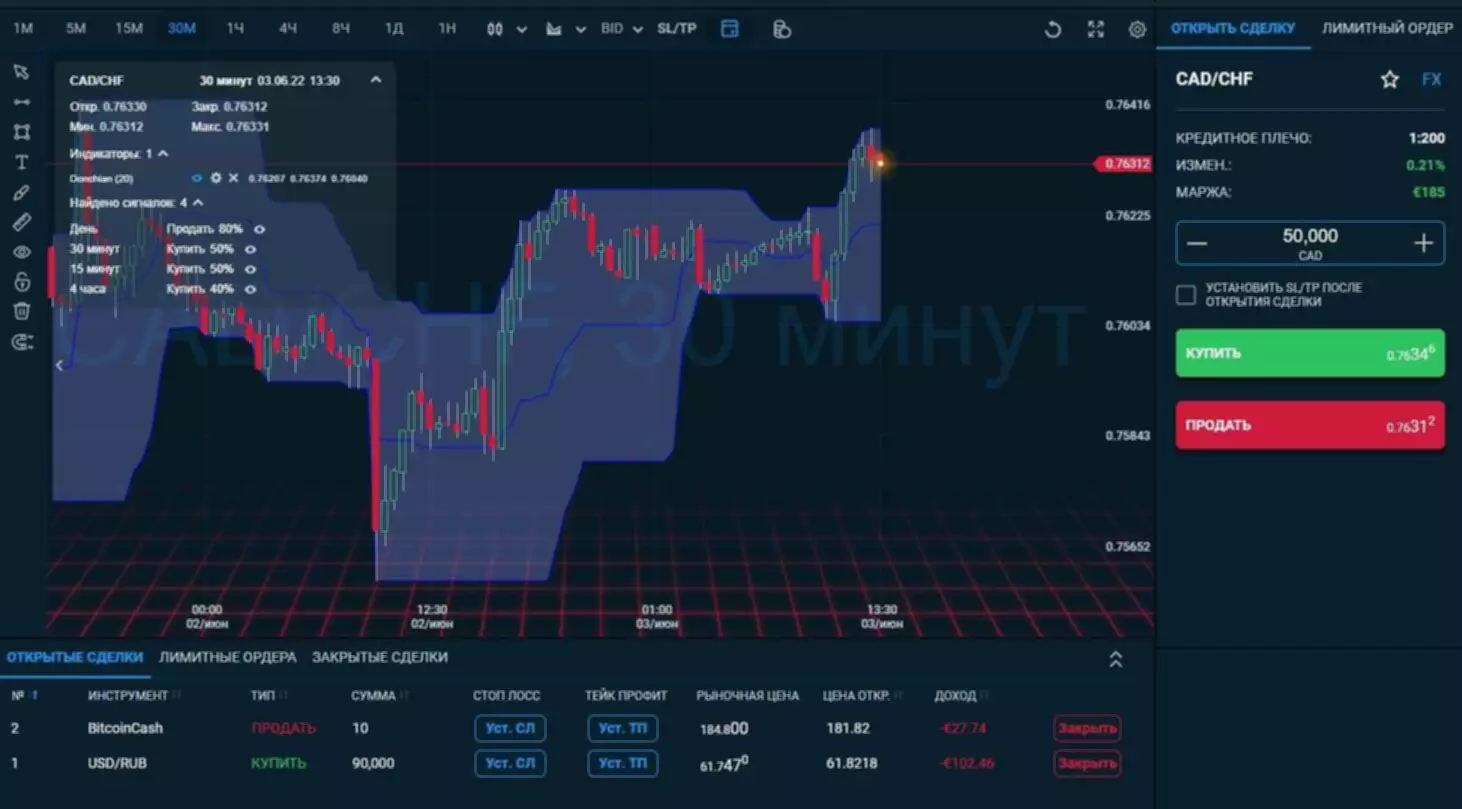Content
Coinbase is recognized as one of the top cryptocurrency space players due to its unconventional approach to running regular audit operations. The platform offers its users greater flexibility in managing crypto by enabling them to stake their digital assets directly from the cold storage. Crypto custody providers are firms that specialize in securely storing cryptocurrencies.
Some of that is already happening with Coinbase and Fidelity Investments taking the lead in offering or designing cryptocurrency custody services. OpenWallet dynamic vault storage is an inventive combination of both classic types of cryptocurrency custody solutions. A cryptocurrency wallet is a software application to facilitate storage, receiving, and sending digital assets that the wallet supports. It works very much like a bank account where you keep track of your funds in different currencies.
It is clear that the needs of organizations vary dramatically depending on where in the market an organization sits. Small crypto funds that prefer active yield farming across the long-tail of DeFi tokens, are very different from multi-billion dollar hedge funds that prefer and need to work with qualified custodians. Larger organizations often need different technology stacks for different funds, different parts of the same book, or different geographies. Private keys, which are traditionally utilized to carry out transactions and access crypto holdings, are represented by complex alphanumeric combinations, virtually impossible to remember. Online wallets, once viewed as a potential solution, are also susceptible to hacks. All material in this website is intended for illustrative purposes and general information only.
Digital Asset Custody 101: Guide to Self Custody,Wallet Options, and More
While some crypto custodians create their own infrastructure, others utilize infrastructure from external providers. As an investor, you might want to understand the technological setup and whether you are comfortable with it. However, it can be complex to set up a “safe” multi-signature arrangement — one with good social backups and/or safe backups of keys. If there is a well defined time period to the custody, like in the case of setting up a bet or contract with someone else, then it’s easier to have confidence in this kind of solution. With smart contract custody, you can store token versions of your assets in a smart contract and give other key holders permission to move the assets. It does not solve the key problem fully — you still need to custody a key to interact with this custody smart contract – but you can come up with fancy schemes.
- In order to truly serve this market, it is important to us to work with custodial wallet providers that meet all variations of institutional-grade custody requirements.
- Our multi-disciplinary approach and deep, practical industry knowledge, skills and capabilities help our clients meet challenges and respond to opportunities.
- Let us find out more about custody of cryptocurrencies or digital asset custody solutions and their significance in modern markets.
- In the majority of institutional use cases, a third party qualified digital asset custodian is not just a smart idea, it is a necessity.
- This demonstrates that banks have historically been trusted with holding custody of both institutional and retail assets.
Each statute promulgates similar but distinct custody requirements for the protection of client assets held by funds and managers. Custody regulations typically allocate supervision of client assets to a subset of national banks. These custodian banks must adhere to federally-mandated fiduciary obligations, thus furnishing an added layer of protection to client assets. It’s not just banks who see themselves as a natural fit for the responsibility of crypto custody. Prosegur has roots in the security industry but has now expanded into digital asset security as a new vertical.
The role of a crypto asset custodian
The skyrocketing growth of cybercrimes in recent years is pushing this matter to the forefront of concerns among executives and citizens. In 2017 in the US alone, 1,579 data breaches were recorded—a 50% growth compared to the previous year. Given this, a major strategic challenge for every firm across the world is ensuring the security of their data, which has become one of their key assets.

While exchange wallets offer considerable simplicity and ease of access for managing the custody of crypto assets, they also present certain counterparty risks. As the industry has evolved and demand has increased, a new breed of digital asset custodian has emerged, offering custody services to crypto holders. Finoa is such a digital asset custodian, servicing customers with top-of-class technology and custody solutions that are both secure and legally compliant. How should the financial industry approach the integration of assets capable of universal distribution into a system that relies on a single central database? The current system’s cohesiveness gives intermediaries the ability to settle cash and security transactions on a net basis daily.
One way or another, it’s estimated that perhaps 20% of all Bitcoins simply disappeared. With some custody offerings, the owner may not know or have direct access to the private keys. If the owner forgets their password, the custodian can verify their identity so they can regain access and ensure they don’t lose their digital assets. These custody services will facilitate further growth in the use of cryptocurrencies and other digital assets for multiple purposes, including decentralized finance applications.
Using wallets
Accordingly, a “BitLicense” is required for all businesses operating in New York State or involving New York residents that transmit, control, administer, exchange, or maintain custody of virtual currencies on behalf of others. But due to limited resources and a cumbersome review process New York has issued fewer than twenty BitLicenses since the regulation went into effect in 2015. In the interim, other states have attempted to lure blockchain innovators by passing laws with less rigorous registration processes.
Some crypto custodians can boast a more extended history in the crypto market than others and have evidence that demonstrates securing and transferring enormous amounts of cryptocurrency with no issues. It might be helpful to explore their record and find out how they dealt with the problems. Investors that do not have their own sustainable custodial practices face the same risks that millions of existing digital asset holders have faced over the last decade. Not surprisingly the market has been dominated by crypto-asset specialists and Fintechs, that obviously had a first mover advantage. However, the situation is likely to change, and traditional players, such as Fidelity which has announced the launch of a crypto-custody service for March 2019, are likely to enter the space sooner than later.

For institutional investors, this simplicity translates into greater operational efficiency. Less time and effort are required to manage a portfolio of digital assets. Well, the primary responsibility, no matter how small or large your funds, is to protect your private keys and backups. Not just that, the private keys and backs must be kept separately to protect them from any harm internally as well as externally. They deploy special security measures against the d risk concerning the confidentiality, availability and integrity of the private keys and their backups. Multi-Party Computation is an advanced cryptographic technique that removes the operational risk around private keys.
More insights:
The biggest challenge for broker-dealers planning to service crypto asset trades is the requirement for physical possession or control over all client securities. Taken literally, broker-dealers would need obtain—and safely store with a control location bank—the public and private keys for every customer trading in crypto. The exact nuances of securing crypto assets, while related to custody, are not necessarily within the regulatory purview of the SEC. The Commission deferred to banks and financial industry SROs to implement acceptable standards for vaults back when stocks were in physical paper form, and again for CSDs and intermediated trading more recently. Thus, despite the implications new custody procedures may have on market integrity, the SEC has historically taken a hands-off approach in determining adequate safeguarding solutions.

Such flexibility can come from the policy layer mentioned above, which ensures that automated transaction signing is possible all-the-while maintaining the multi-person signature schemes for high-value transactions. In the ten years since mainstream cryptocurrencies first appeared with Bitcoin, a world of possibilities has arisen in which companies and individuals can exchange and store value amongst themselves. A cryptocurrency airdrop is a marketing stunt that involves sending free coins or tokens to wallet addresses to promote awareness of a new currency.
In turn, the involvement of these professional custodians will increase investors’ confidence in digital assets. Tangany, a crypto custodian founded in 2018 and based in Munich, Germany, declares ultimate transparency as one of its core values. A full white-label provider for B2B clients and one of the top EU crypto custody providers, it is trusted by more than 25 corporates and institutions. As of 2022, the company supports Bitcoin and Ethereum, providing universal smart contract support . Tangany’s crypto custody solution is based on Microsoft Azure and can be utilized through API for warm wallets and as hardware storage.
your business?
OpenWallet is an innovative bank-grade custody storage solution to ensure your platform’s funds are safe so you can sleep at night. While Crypto Custody is the solution to keep institution funds safe and sound, the crypto wallets are apps for institution customers to access the funds. A registered fund investing solely or partially in crypto assets deemed to be securities will almost certainly invoke the ’40 Act custody provisions. Like the Advisers Act Custody Rule, neither the ’40 Act nor the accompanying SEC rules provide for the manner in which a custodian bank must maintain custody of assets. Instead, fund directors negotiate custody agreements with banks to determine the appropriate operating and compliance procedures and limitations on liability. Third, the adviser must have a reasonable belief that the custodian is periodically sending account statements directly to the client containing information about the funds and securities in custody.
Crypto Custody and Why it Matters
There are more than 200 active exchanges and each exchange supports different crypto-crypto and fiat-crypto pairings. This fragmentation is further complicated by the fact that platforms independently set the price for each coin they list. Typically, prices are based on current trading volume and customer supply and demand, but the exact process is opaque and ripe for manipulation. Indeed, the price of bitcoin has varied by as much as $2,000 among some of the largest exchanges.
Additionally, this solution requires you trust your application provider has not left any vulnerabilities in the application that could expose your private keys. Hot storage wallets are a popular self-custody solution for regular crypto traders because of their ease of access. As an internet-connected application, this solution lets you quickly make crypto transactions or interact with decentralized applications , much like how you can conveniently spend cash in your wallet at a store. However, secure a solution is, and even if it is never stored in its entirety in any single place, there must always be a point in time when the secret key is available in full, within the live memory of a computing device. We can reduce this to a fraction of a second and ensure that it happens in the most secure environment possible.
However, due to online exposure, hot storage options are more vulnerable to hacks. All custody solutions make it more difficult to access private keys, and in each, there are variations on how private keys https://xcritical.com/ can be used (can I sign with contract X or send to address Y?). Each has tradeoffs that affect how convenient it is to actually use your assets, and differences in how safe you are from being compromised.
Importantly, no single party knows which section of the key the others hold. The private key is effectively broken up into encrypted shares, where any predetermined number of the total number of shares are required to make a transaction . MPC has proved popular with organizations as it allows for multiple parties to quickly sign transactions (e.g. for active yield farming).
Crypto Custody Explained
Financial institutions have focused on a few capabilities that have lower regulatory hurdles such as custody and data analytics within the crypto space. While this is largely true with banks, fintech firms have taken a more retail-friendly approach. Until 2020, most of the crypto market action was largely driven by retail enthusiasm. It was only around August 2020 crypto exchange software solutions that institutions started to participate meaningfully in this asset class. As the United States Federal Reserve unleashed trillions of dollars of liquidity into the market during the COVID-19 pandemic, retail and institutional investors jumped onto the cryptocurrency bandwagon. Public keys are also extremely large numbers that are used during transactions.
It’s fine to hold assets on an exchange to do business, but leaving assets there long-term may expose you to unnecessary risk. Generally, misplacing or forgetting your key means you lose your investment – becoming another figure within those that have lost millions after losing access to their keys. This blog is the third in a three-part series that explores the technological play in the cryptocurrencies market. Parts 1 and 2 explore the market structure, emerging trends and the evolution of digital assets. Securing digital assets on the Internet is a much more far-reaching issue than just capital markets operation.
